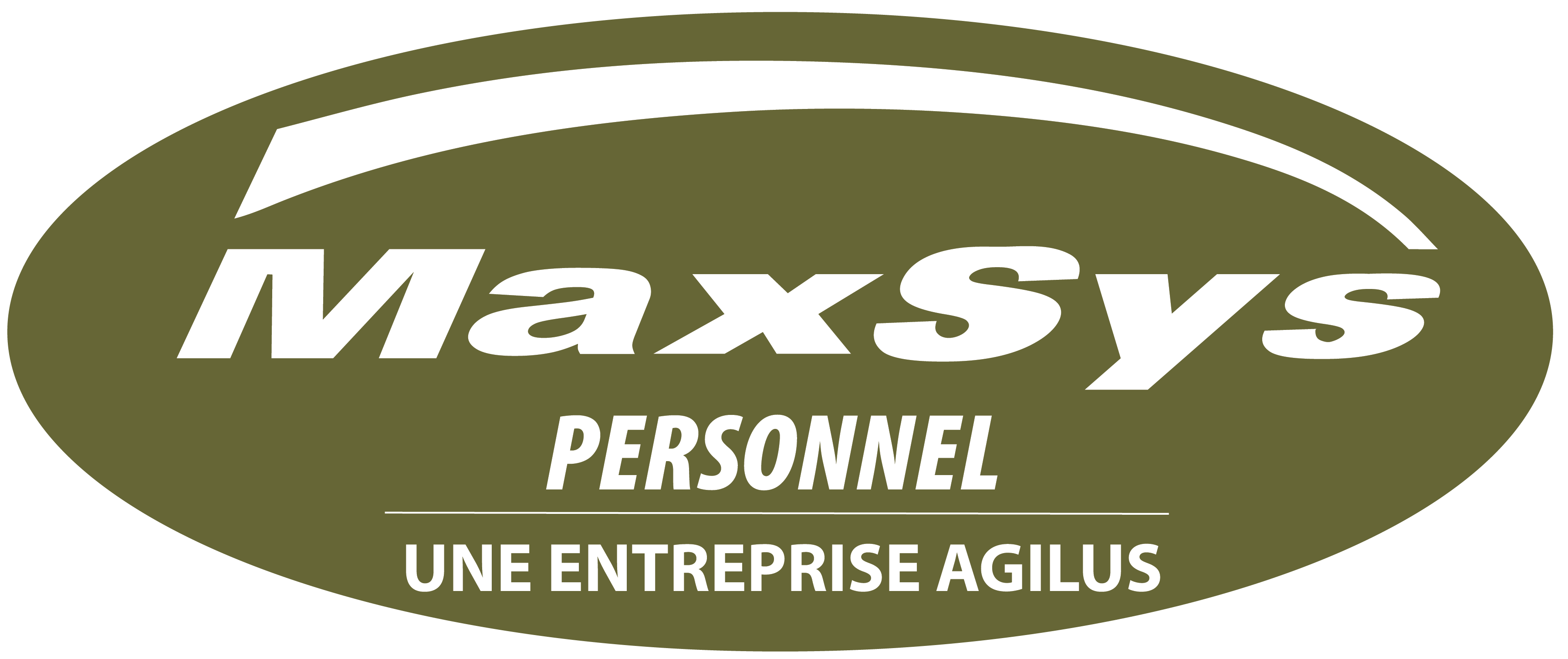avril 5, 2021
Interview Guide to Hire Staff (9 Steps)
Follow these tips to select a candidate who has the right skills and fit for your company
Our intuition or gut feeling isn’t enough for a hiring decision. We tend to judge quickly, either positively or negatively, and often on criteria other than the ability to get the job done. A well-structured interview, along with the right questions, can help you hire candidates who have the right job skills and fit to help your company grow. Here are some tips to conduct an effective interview. Expect it to last about an hour.
Make sure everyone is comfortable
- Be punctual, since you are hosting the interview, and make your candidate feel welcome. Thank the candidate for coming to the interview. If applicable, introduce the candidate to everyone participating in the interview.
- Make sure you are conducting the job interview in a private area, and do not get disturbed by phone, emails, texts or someone knocking at the door.
- Have the candidate take a comfortable seat, and offer water if possible.
- There’s no need for off-the-script small talk, which uses up valuable interview time and can lead to unnecessary and awkward comments. But you may ask if the candidate was able to easily find the location of your company and the length of travel time. This will give you and your candidate a sense of how long it will take the prospective employee to arrive daily at work.
- Tell your candidate there will be a question period at the end of the interview, allowing you to retain control of the conversation for the early part of the interview.
1. Introduce your company and job role
Tell the candidate about your company and what products or services it sells. Explain the position using the job description you developed in your recruitment process. Remember to tell the candidate what’s expected on the job. Keep it to a maximum of five to 10 minutes. You need to sell the company to the candidate, but don’t give away too much information that will end up helping the candidate formulate answers.
2. Break the ice
Your first question should give you the big picture about your candidate. For example:
Could you give me a summary of your professional experience? You may take notes; it’s preferable to tell the candidate that you will.
3. Prepare your questions for specific types of answers
A combination of structured and behavioural questions are key for a successful interview. You will learn which of the following questions are the most effective for you, and what answers are consistently given by candidates who have become your most successful employees. Ensure fairness by always asking all candidates the same questions and evaluating answers consistently. Ideally, you are looking for the right balance of experience, knowledge, personality and soft skills.
Here are examples of behavioural questions that you can ask applicants:
- How would you use your previous experience for this position? Insight: Find out what motivates the candidate.
- Tell me about your biggest work achievement. Insight: What does the candidate consider important?
- Tell me about a time you overcame a major obstacle that would have prevented you from completing a project. Insight: Get a picture of problem-solving abilities.
- Give an example of a major decision(s) you’ve made in your current job. Insight: Shows decision-making abilities.
- What have you learned from any failures on the job? Insight: Shows the ability to improve and self-evaluate.
- What qualities make you a good employee? Insight: What skills does the candidate value?
Here are examples of structured questions:
- What do you know about my company’s mission? Insight: Does the candidate understand your company and share its values?
- Who are our competitors and what makes us different from them? Insight: Has the candidate done any research?
- What do you know about our products/services? Insight: Has the candidate done his or her research?
- What makes you want to work here? Insight: Are candidate’s values and skills aligned with your company?
- What do you think your biggest challenge will be in this position? Insight: Shows if the candidate has seriously thought about working for you.
- What are your salary expectations? Insight: Is it in line with what you’re offering?
- Avoid hiring toxic employees
- Hiring a toxic employee can be costly to your company’s sales and culture. Is your candidate respectful, polite and professional? Ask these questions and follow up on anything that doesn’t sound right.
- Have you ever had a difficult relationship with a previous company or supervisor? Insight: An overly negative candidate may not be able to accept criticism.
- Can you tell me about a time when your team let you down? Insight: Is the candidate focused on other’s faults or on resolving a challenge?
- How have you handled stress in previous situations? Insight: Find out the maturity level of your candidate.
- Did you ever have difficulty working with colleagues? How did you deal with it? Insight: Shows attitude and people skills.
- Tell me about a specific time when you were unable to complete a project. Insight: Assesses ability to take responsibility for a problem.
- How have you contributed to teamwork in your previous job? Insight: Is your candidate a team or solo player?
4. Score the candidate’s answers
Score each answer on a range of 0 to five. You can also give a weight to the question based on its importance for the role.
5. Answer the candidate’s questions
This will give you an opportunity to gauge the candidate’s understanding of the job.
6. Test your candidate’s skills
Set a specific time and place to conduct a test of the candidate’s skills. For example, an office worker might have to pass a writing, mathematical or computer test. Provide specific written instructions to avoid any confusion. Some companies schedule the test on a separate day.
7. Close the interview
Thank the employee again for coming to the interview. Clearly explain the follow-up plan with a timeline for letting all candidates, unsuccessful and the successful one, know how and when they will be contacted about your hiring decision. Let them know if their CVs will be kept on file.
8. Remember to check references
It’s an opportunity to find out if the candidate has the experience that has been talked about. It’s also the chance to ask a previous employer if they would hire the candidate again, given the opportunity in the future.
9. Grade yourself
Assess your own performance during an interview and use every interview to improve your skills.



